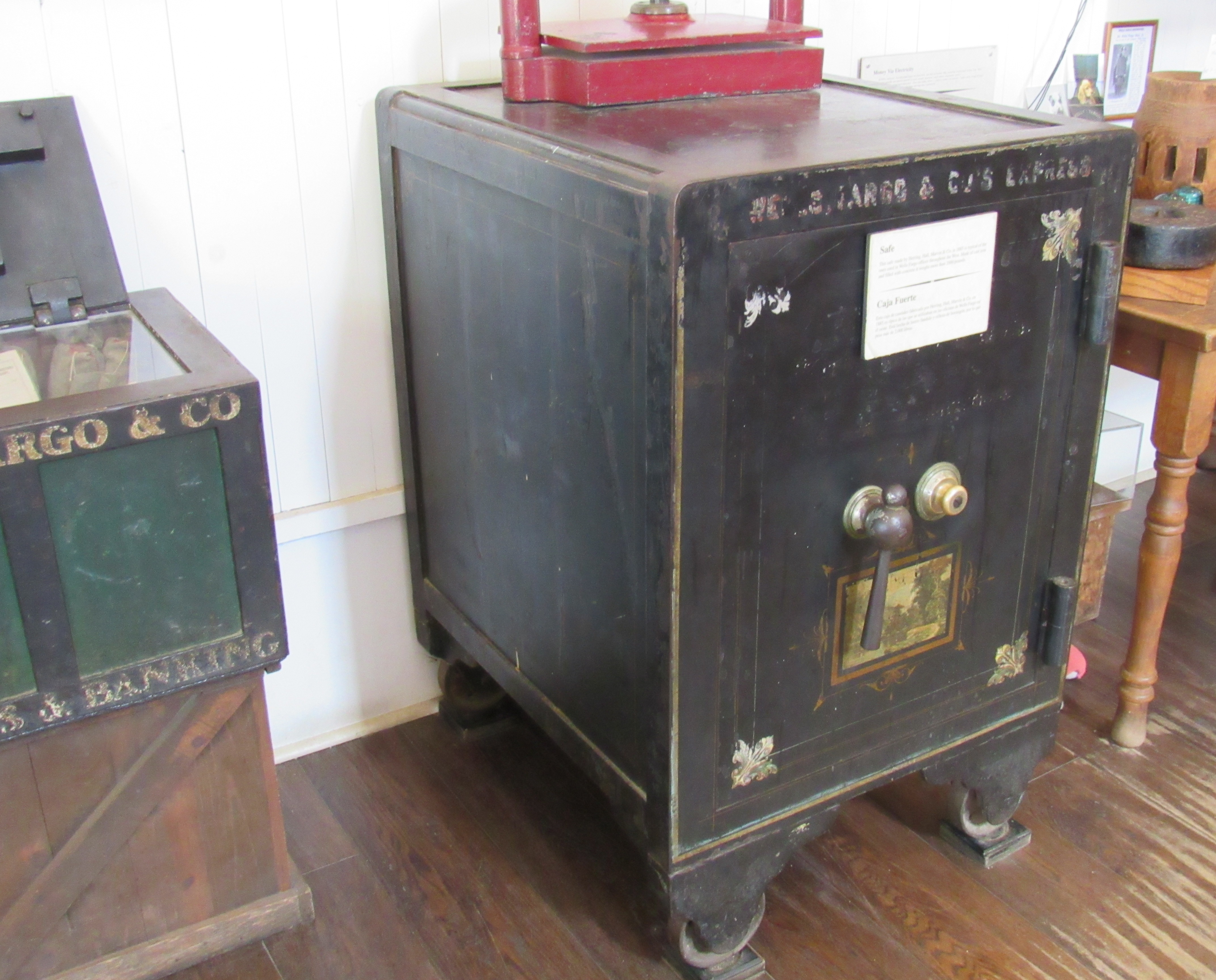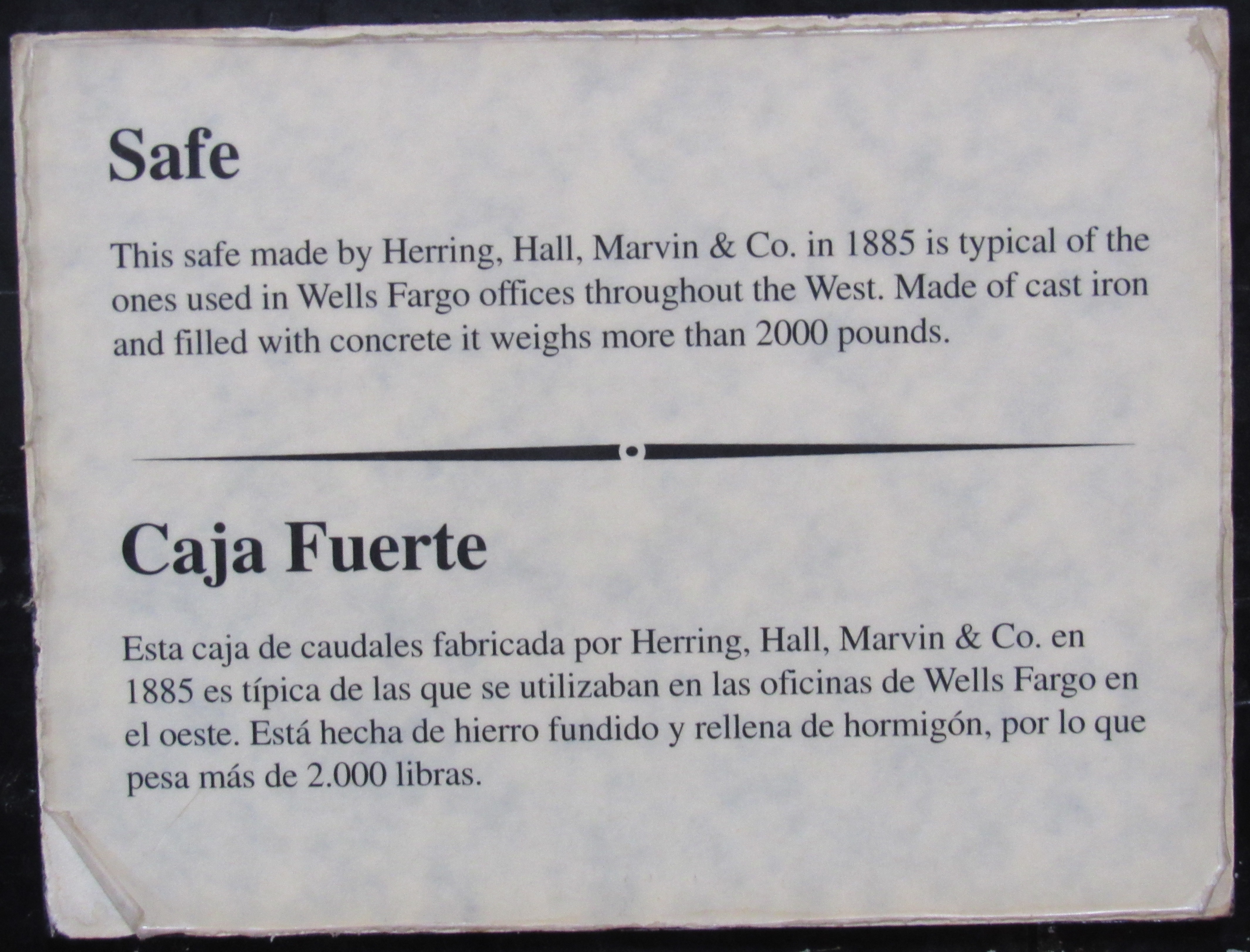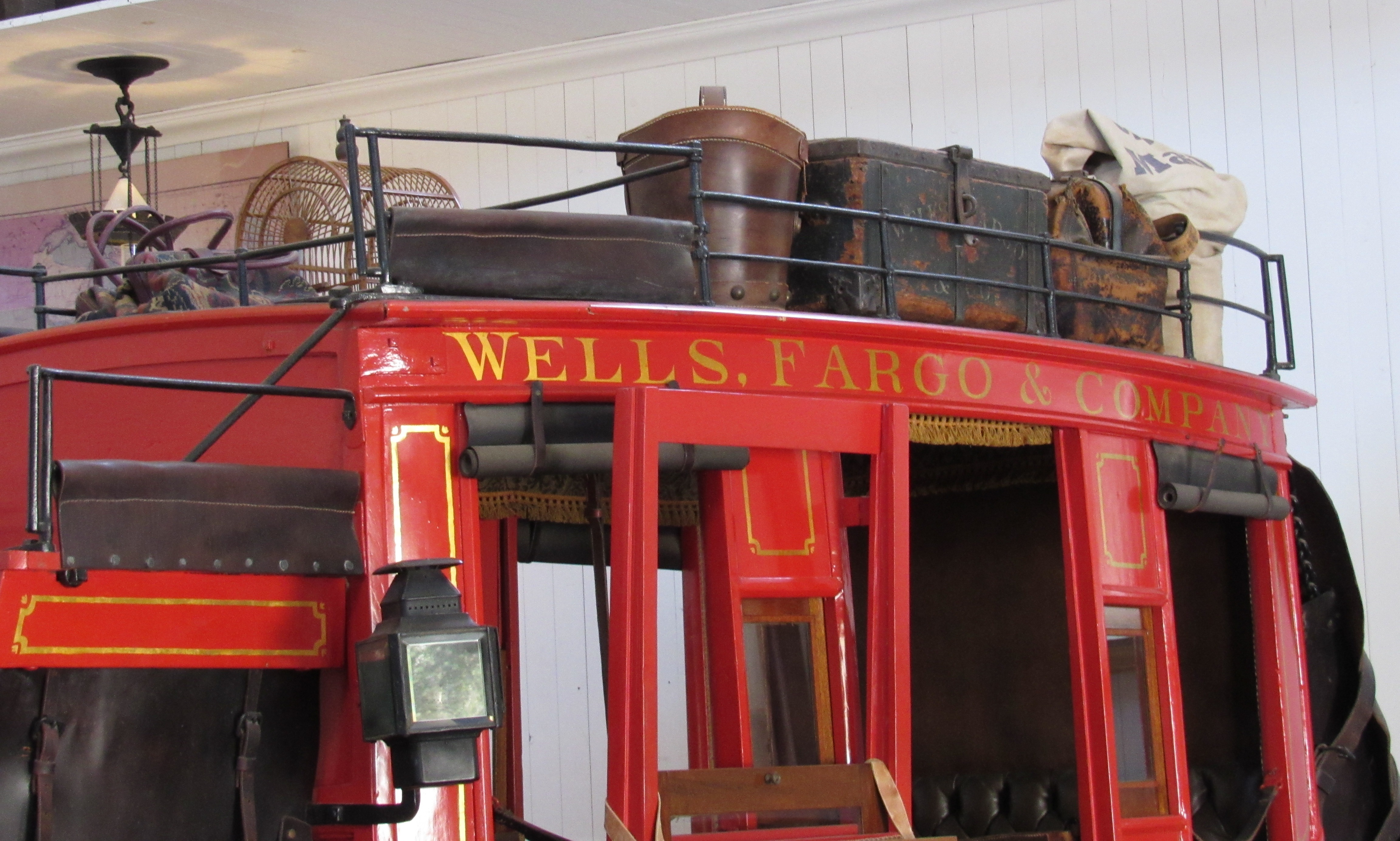
For well over a year and a half lots of life has been happening to me. Have had to set priorities on what I can and cannot do, which means I’ve not been focusing on the ongoing fiascos and foolishness and waste as the big banks get caught with a never ending list of laws they have violated in stupendously spectacular ways.
Yet another in a string of money laundering settlements hit the news yesterday which drew my attention. So, I’ll try to do a little catch-up on the billions of stockholder dollars the big money banks have been continually throwing on the bonfire over the last two years.
I suppose there is another $2B or $6B of fines and penalties I’ve missed. May eventually get caught up on the wasted stockholder assets.

On the problem of prosecuting individual bankers
Prosecutors are having difficulty making the case against individual bankers. Prosecuting the banks themselves, especially getting a plea deal, is far easier.
3/3/19 – Wall Street Journal – Prosecuting Bankers Proves Exercise in Frustration – Case discussed in this article was tossed by the judge had a significant due-process issue. I’m not sure what the issue was but the judge also said that it needs to be obvious there is a crime when prosecutors bring a charge, which suggest to me that on the face of the claims there wasn’t a visible crime.
Article says around two dozen traders have been indicted in the exchange rate and benchmark manipulation fiascos. Of those the one above had charges dismissed, three were acquitted at trial, and two had their conviction overturned on appeal. In addition two more people convicted have the sentencing on hold while the judge reconsiders the prosecution’s tactics. That is eight people charged with the charges not quite sticking.

More recent bank fines and penalties
12/10/19 – Bloomberg – HSBC Agrees to Pay $192 Million to Resolve U.S. Tax Probe – HSBC agreed to pay a mere $192M for hiding $1 billion from the US taxman. The Swiss company agreed that from 2000 through 2010 it hid assets for 720 American citizens in amounts of $825M, rising to $1,260M, then dropping to about $600M.
Sanctions are in the form of a deferred prosecution agreement, the third one around the world applying to an HSBC national level bank.
Article mentions there were 80 different banks who paid $1.37B back in about 2014. Those are bit players compared to Credit Suisse which paid $2.6M just by itself.
Oh yeah, HSBC has subsidiaries that provide the directors and trustees of shell companies which launder the money. I’m guessing they will also set up those shells, including all the incorporation, documentation, and tax filings necessary. For a reasonable fee of course.
By my tally, HSBC is in 4th place on my list of biggest waster of stockholder equity (excluding mortgage loan penalties).
2/20/19 – Wall Street Journal – UBS Is Find $4.2 Billion in French Tax-Evasion Case – Swiss bank ordered to pay a $4.2B fine to the government and reimburse $0.9B for lost tax revenue for helping French citizens hide money from the French government. The national subsidiary was fined a mere $20M for their participation.
Five senior staff of UBS were given fines and suspended jail sentences.
UBS is close 2nd behind only PNB Paribas in wasting stockholder equity.
Article linked back to the 2009 article from the Wall Street Journal, which I was previously unaware of:

2/19/09 (yes, a decade ago) – Wall Street Journal – Swiss Bank to Give Up Depositors’ Names to Prosecutors – UBS agreed to turn over the names of 250 large depositors. Article says this was the first time the Swiss regulators allowed a bank to turn over names of customers.
Article says the bank will pay $780M and also pay the SEC $200M for failure to register its bankers under securities regulations.
The prosecutors estimated that UBS was holding something in the range of $20B of assets for American citizens with those accounts generated an estimated $200M of revenue a year.
That describes a wild guess as to the profitability of money laundering.
Fees are running at an estimated 1% of the account balance per year. If you’re avoiding 25% federal tax plus anywhere from 0% to 10% state tax that is a good deal, huh?
Part 2 of getting caught up on the fiascos.
